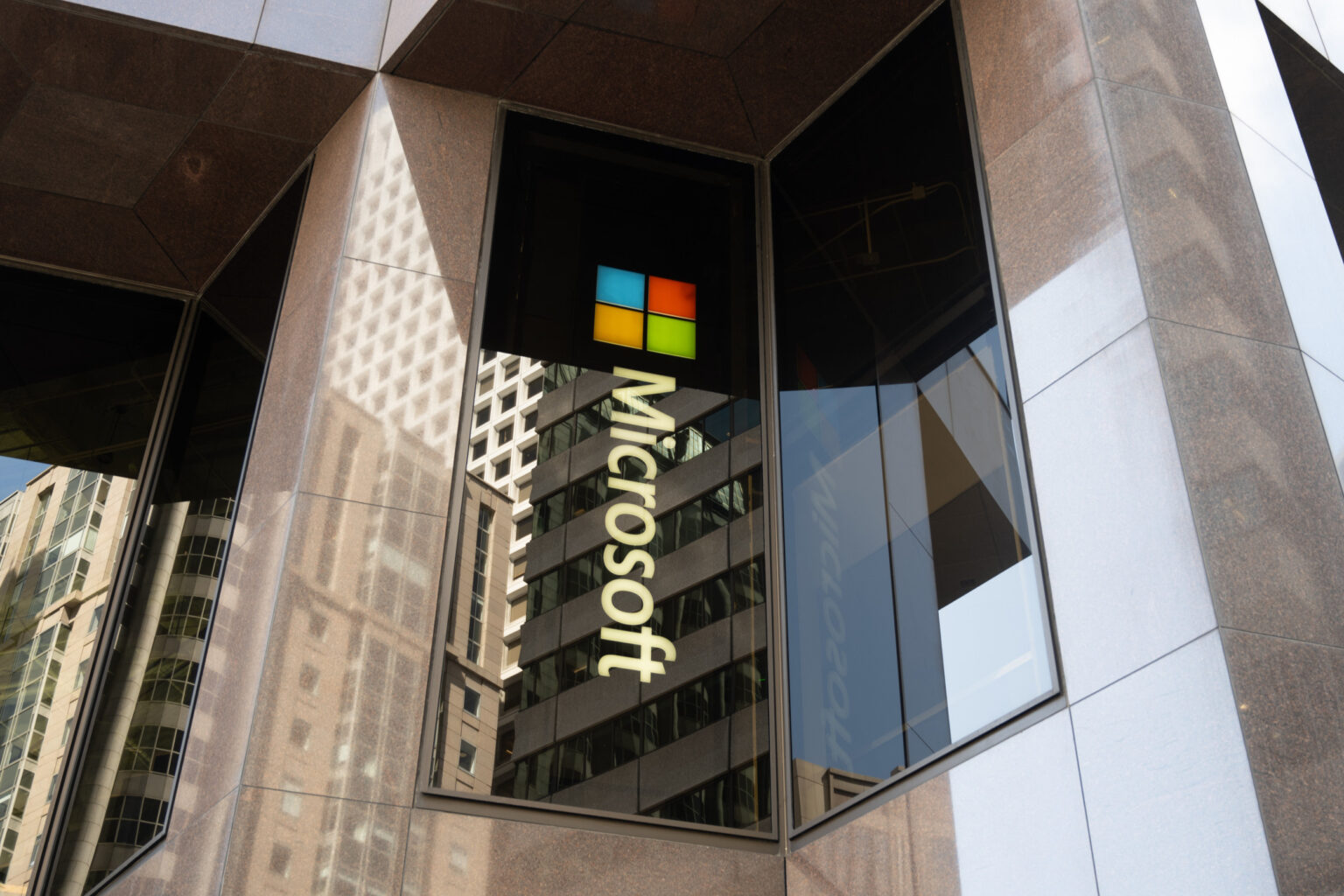Corporate Climate Commitments and Progress: A Closer Look at Tech Industry Initiatives
In recent years, major corporations have increasingly committed to ambitious environmental goals, aiming to reduce their carbon footprint and promote sustainable practices. Among these, technology giants like Microsoft have set notable targets, reflecting a broader industry shift towards environmental responsibility. As of 2023, Microsoft has made significant strides in its sustainability journey, yet the path to achieving net-zero emissions remains complex and challenging.
Microsoft’s 2030 Carbon Neutrality Goal: An Ambitious Milestone
In 2020, Microsoft announced an aggressive plan to become carbon negative by 2030, pledging to eliminate more carbon than it emits. This commitment involves not only reducing direct emissions but also investing in projects that actively remove carbon dioxide from the atmosphere. As of the latest report in 2023, the company’s total greenhouse gas emissions for 2024 stand at approximately 15.5 million metric tons, representing a 23% increase compared to its 2020 baseline. Despite this, recent data indicates a slight decrease in emissions compared to 2023, suggesting initial progress in curbing growth driven by expanding data centers and AI operations.
Progress and Challenges in Emission Reduction
While Microsoft’s overall emissions have risen since 2020, the company’s recent efforts show signs of positive change. The 2024 figures are about 1.4 million metric tons lower than the previous year, marking the first decline since the surge in energy consumption associated with artificial intelligence development. Microsoft’s leadership emphasizes that their journey toward carbon negativity is a marathon, not a sprint, acknowledging that progress is incremental and requires sustained effort.
Strategic Initiatives for Sustainability
To meet its 2030 goals, Microsoft is actively investing in renewable energy sources. In 2024, the company secured contracts for 19 gigawatts of renewable energy across 16 countries, including agreements to restart nuclear reactors and expand wind and solar capacity. These efforts are complemented by commitments from suppliers to transition to 100% renewable electricity, which constitutes a significant portion of the company’s Scope 3 emissions-the indirect emissions from its supply chain. Notably, Scope 3 emissions have increased by 26% since 2020, underscoring the importance of supply chain decarbonization.
Innovative Solutions and Future Outlook
Microsoft is also exploring groundbreaking technologies to reduce emissions from construction and manufacturing. Recently, the company announced a partnership with Sublime Systems, a firm developing low-carbon cement production methods. This collaboration aims to supply over 622,000 tons of low-carbon cement, a critical step in reducing the carbon footprint of building infrastructure worldwide. Industry experts see this as a pioneering move that could set new standards for sustainable construction practices.
The Broader Context: Industry-Wide Efforts and Global Impact
Microsoft’s initiatives reflect a broader trend within the tech sector, where companies are increasingly recognizing their environmental responsibilities. The rise of generative AI and large language models has significantly increased energy demands, especially for data centers powered by fossil fuels. Industry leaders are calling for a transition to cleaner energy grids to mitigate these impacts. Globally, corporations are investing in renewable energy projects, carbon offset programs, and innovative materials to meet their climate commitments.
Conclusion: Sustaining Momentum Toward a Greener Future
While progress has been made, the journey toward comprehensive climate responsibility remains ongoing. Microsoft’s example illustrates both the potential and the challenges of corporate sustainability efforts. Achieving true carbon neutrality by 2030 will require persistent innovation, strategic investments, and a collective commitment across industries and governments. As the world continues to grapple with climate change, corporate leadership in sustainability will be crucial in shaping a resilient and sustainable future.

